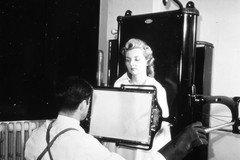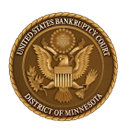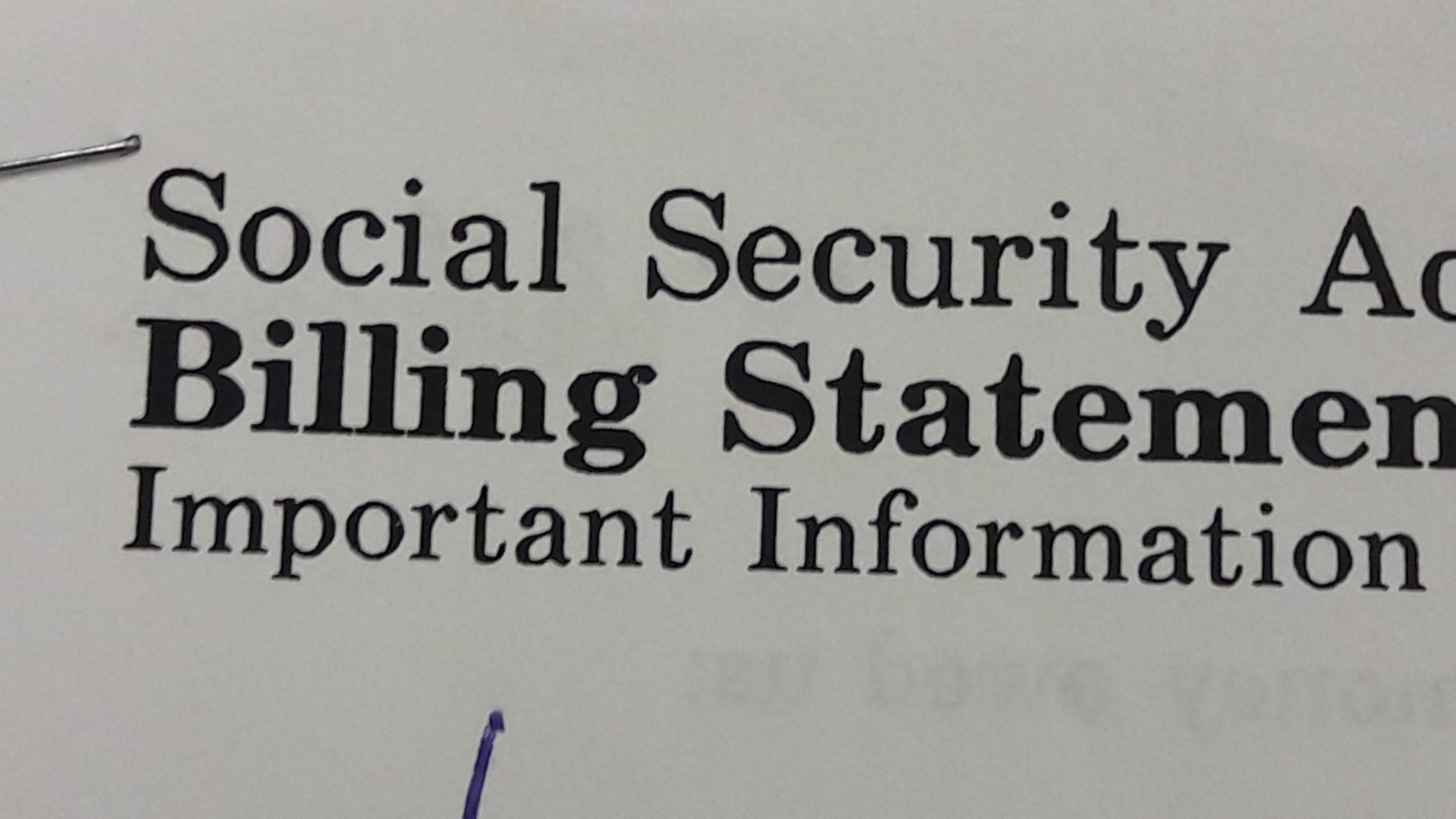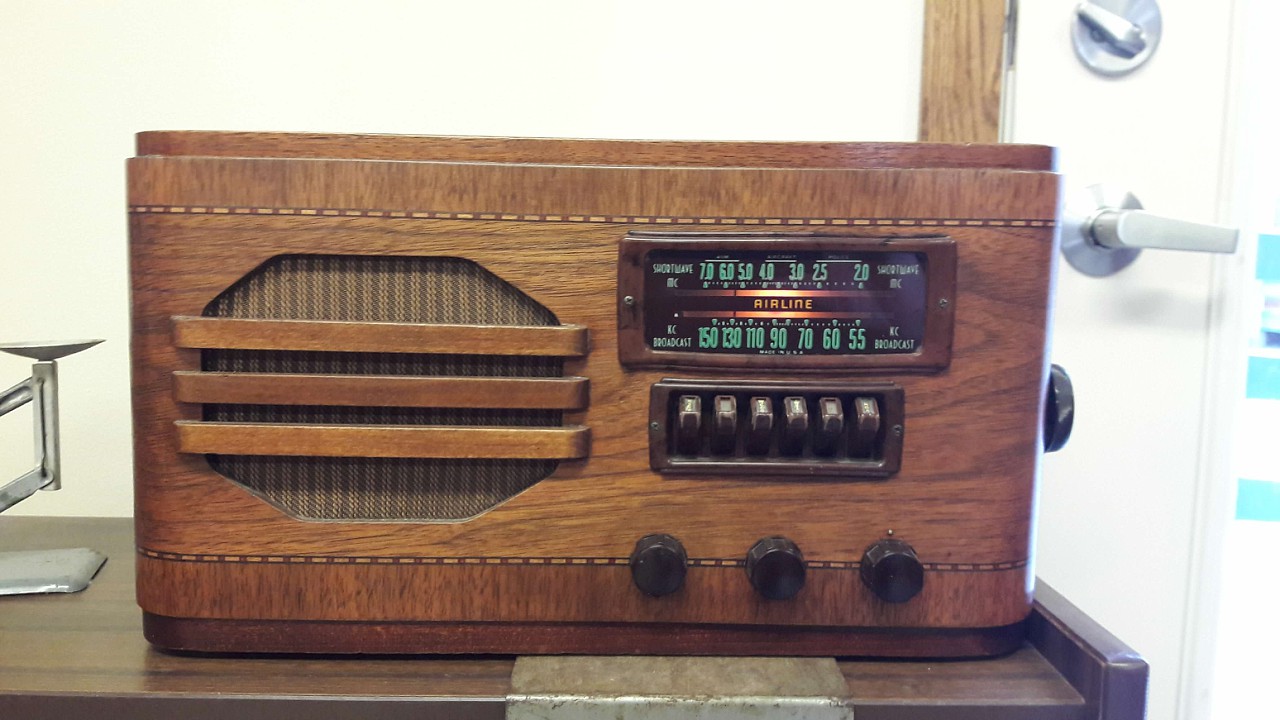By David J. Kelly, Minnesota Bankruptcy Lawyer since 1976
Just received the following summary from the National Association of Consumer Bankruptcy Attorneys concerning bankruptcy provisions of the Coronavirus Aid, Relief and Economic Security Act” (CARES Act). Here’s what it did:
1. Amended the Small Business Reorganization Act of 2019 (SBRA) to increase the eligibility threshold for businesses filing under new subchapter V of chapter 11 of the U.S. Bankruptcy Code from $2,725,625 of debt to $7,500,000. The eligibility threshold will return to $2,725,625 after one year. Check out our SBRA Resource Page for more information.
2. Amended the definition of “income” in the Bankruptcy Code for chapters 7 and 13 to exclude coronavirus-related payments from the federal government from being treated as “income” for purposes of filing bankruptcy.
3. Clarified that the calculation of disposable income for purposes of confirming a chapter 13 plan shall not include coronavirus-related payments.
4. Explicitly permitted individuals and families currently in chapter 13 to seek payment plan modifications if they are experiencing a material financial hardship due to the coronavirus pandemic, including extending their payments for up to seven years after their initial plan payment was due.
I am still here during the Covid-19 Crisis. Lawyers are considered officers of the court. As long as the bankruptcy court is open, and it is, I have to be open too. Still, I am taking every precaution. Don’t be offended if I wipe off the pen you used or anything else you touched, or if I pull my chair back and keep my distance. Also, I am learning how to use Zoom. Already have been using Hangouts and Skype. I prefer Hangouts for virtual face to face; but one can still get a lot done by just meeting remotely by old fashioned telephone. I am limiting actual visits to my office as much as possible.















